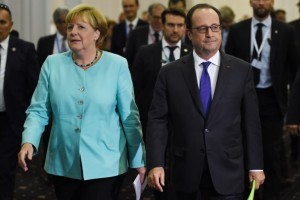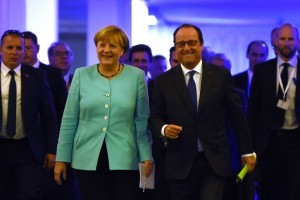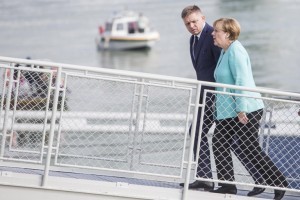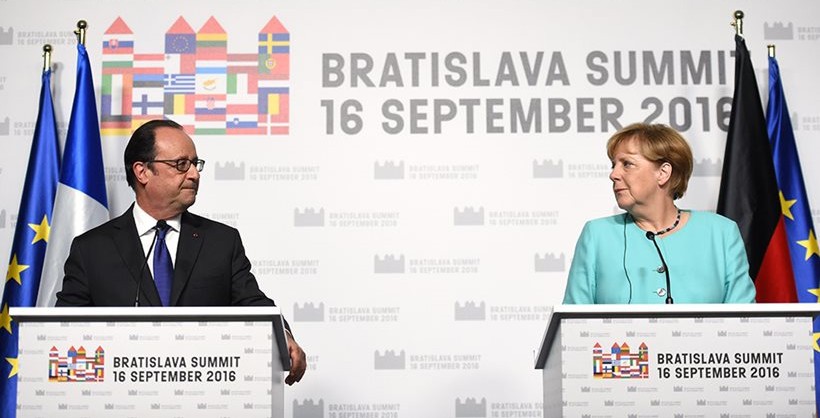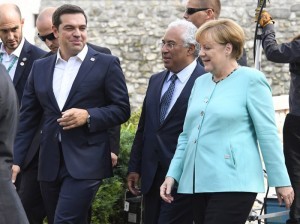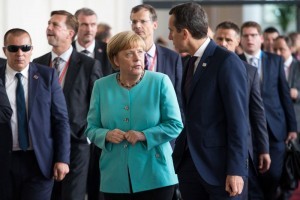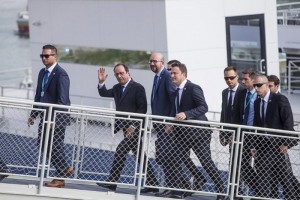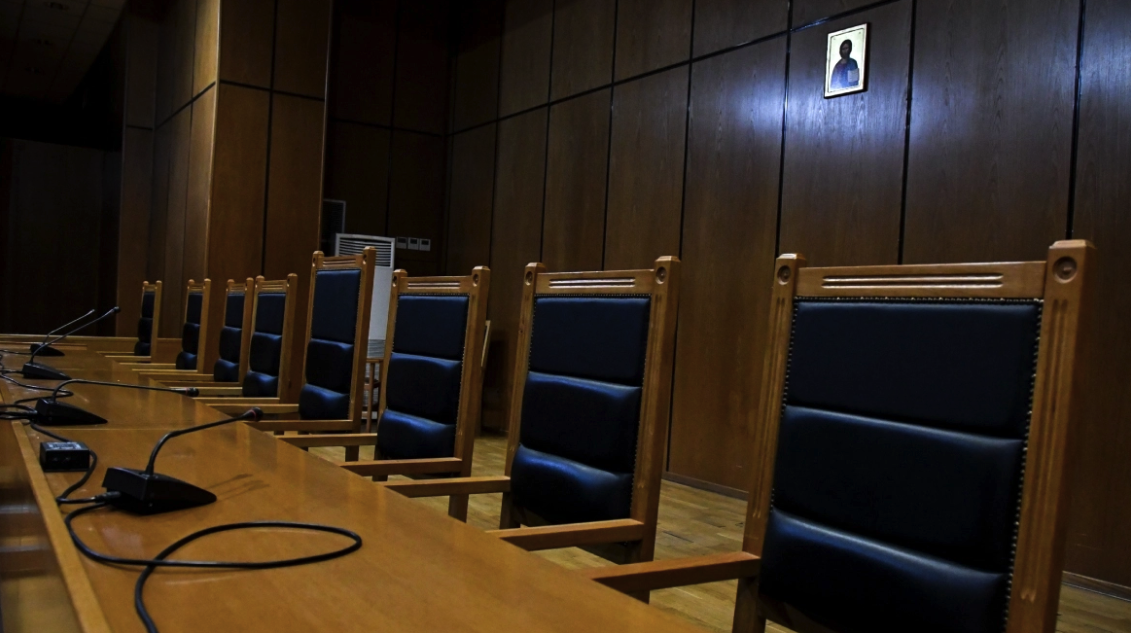The results of the EU27 informal Summit held in Bratislava reaffirmed what was becoming conspicuously clearer, a steady and gradual division within the union on a number of issues, ranging from the challenges the continent faced on the refugee crisis and the Brexit to the economic policies needed to exit the economic crisis in the periphery and measures to counter terrorism. The EU27 agreed to refrain from issuing a common statement at the end of the Summit, a decision that simply reinforces the fact that there are clashing opinions on the pressing issues facing the continent. During a joint press conference, German Chancellor Angela Merkel and French President Francois Hollande acknowledged the need to strengthen exterior border controls and support peripheral member-states feeling the brunt of the refugee crisis. The European leaders agreed to adopt a road map in an effort to regain the European citizens’ lost trust in the institutions on many levels. Merkel spoke of the necessity by all EU countries to jointly follow a working plan in order to get the European project back on its feet. She stressed the 27 EU leaders agreed to present their proposals to this end by March 2017. Merkel said that European Commission President Jean Claude Juncker’s speech before the European Parliament would be the ‘blueprint’ on which the EU would work over the next few months. On his part, Hollande pointed out that Europe was compelled and would look into the future. The French President added that the EU should support Greece and Bulgaria that were under the most pressure from the refugee flows. The Hungarian PM Viktor Orban was quite blunt in his assessment of the Summit claiming it had failed. The Hungarian politician said he would try to change the self-destructive and naive migration policies of the EU.
